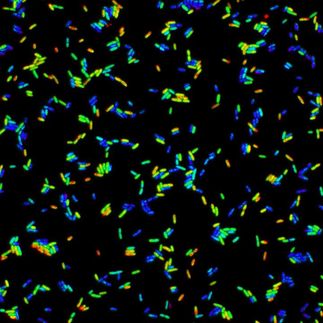Novexel’s NXL104/ceftazidime Combination Commences Second Phase II Clinical Trial
Advertisement
Novexe announced that its most advanced injectable antibacterial, which combines Novexel’s broad spectrum beta-lactamase inhibitor, NXL104, with the well established cephalosporin antibiotic, ceftazidime, has entered a second Phase II clinical trial.
This Phase II trial with NXL104/ceftazidime will be in hospitalized patients with complicated intra-abdominal infections (cIAIs). In 2007, Novexel estimates that more than 300,000 patients were treated for cIAIs in hospital in the seven major pharmaceutical markets. This estimate is based on national databases providing hospital patient discharge data.
NXL104/ceftazidime is being developed to treat hospital infections that are caused by Gram negative bacteria, including those resistant to many currently used antibiotics. This Phase II trial is a prospective, multicenter, double-blind, randomized study which is designed to evaluate the efficacy, safety, and tolerability of NXL104/ceftazidime plus metronidazole vs. meropenem (Merrem® or Meronem®, AstraZeneca, NYSE:AZN) in the treatment of adults with cIAIs. Complicated intra-abdominal infections include those infections requiring surgical intervention and which extend beyond the hollow viscus into the peritoneal space. A total of approximately 200 patients will be enrolled, with 100 patients being included in each treatment arm.
The primary objective of the study is to evaluate the clinical response to NXL104/ceftazidime plus metronidazole in the treatment of adult patients with cIAIs as compared to meropenem. This evaluation will be based on the Test of Cure visit two weeks post-therapy. The total duration of antibiotic therapy for each patient should be 5 to 14 days. The results of this study are expected in early 2010.
This second Phase II trial in cIAIs, follows a Phase II clinical trial of NXL104/cetazidime in hospitalized patients with complicated urinary tracts infections (cUTIs). This study which began in November is due to complete in late 2009.















































